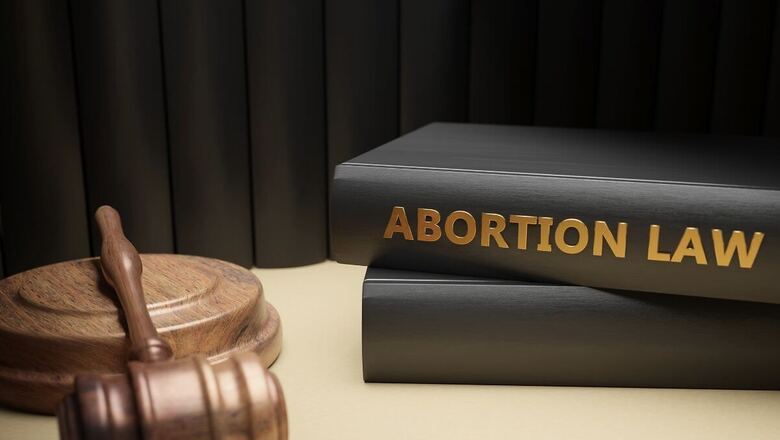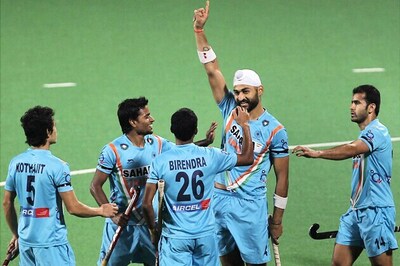
views
The Punjab and Haryana High Court (HC) has permitted a woman awaiting divorce to seek the termination of 28 weeks pregnancy under the Medical Termination of Pregnancy (MTP) Act. The court observed that the challenges faced by a woman who is awaiting a divorce are no different from those faced by one who has already obtained it, emphasising that a woman’s right to reproductive choice is an integral aspect of her personal liberty under Article 21 of the Constitution of India.
Notably, the MTP Act permits termination of pregnancies up to 20 weeks by two registered medical practitioners. Beyond 20 weeks, only certain categories of women, including those divorced or widowed, can terminate pregnancy up to 24 weeks.
Justice Vinod S Bhardwaj allowed the petition considering the woman’s strained marital situation and psychological distress after she was abandoned by her husband. The court noted “A circumstance where a woman is restrained from institution of a petition for divorce due to minimum waiting period, but has become pregnant and has decided to seek annulment of her marriage, cannot be a ground to put her to a disadvantageous position. She is mentally and psychologically already at a level where marital status is determined to change, but for the statutory bar. The circumstances which exist for a woman who succeeded in divorce is no different from a woman who is awaiting a divorce.”
The observation by the court came in the case involving the petitioner who married her husband in January 7, 2024, as per Sikh rites. Shortly after the marriage, the petitioner faced harassment from her husband and in-laws over insufficient dowry. In January 2024 itself, the petitioner became pregnant. However, the husband left for Dubai on May 1, 2024, without informing her or her family, abandoning her at her parental home. The petitioner argued that her husband refused to support her and demanded that her family bear the delivery expenses. The husband allegedly also expressed his reluctance to accept her back if the child were female. Thus, the petitioner sought to terminate the pregnancy under the Medical Termination of Pregnancy Act, 1971, citing her desire to annul her marriage for which she was unable to file a petition due to the mandatory waiting period of one year from the date of marriage. Her counsel emphasised her right to bodily autonomy and argued that continuing the pregnancy would negatively impact her future prospects, subject her to social ostracism, and create an unsustainable financial burden.
The court considered the legal framework of the Medical Termination of Pregnancy Act, 1971, including Section 3, which allows termination up to 24 weeks under specific conditions, and Section 3-B, which provides exceptions for cases involving substantial fetal abnormalities or changes in marital status. The court cited the Supreme Court ruling in Sarmistha Chakrabortty v. Union of India (2018) and noted: “the right of a woman to have a reproductive choice is an insegregable part of her personal liberty, as envisaged under Article 21 of the Constitution of India. She has a sacrosanct right to have her bodily integrity”.
The court acknowledged that the woman had repeatedly expressed her intention to annul her marriage and was abandoned by her husband, making it difficult for her to bear the expenses of raising a child. “The petitioner herself is dependent on her parents and it is not possible for her to bear the additional expenses for taking care and providing the necessary amenities and the education,” the court stated.
The HC further observed that despite the legal bar against termination beyond 24 weeks, the petitioner’s unique situation justified an exception.
Consequently, the court held that a woman’s change in marital status during pregnancy should be understood in its true spirit, encompassing not only absolute changes like divorce or widowhood but also circumstances where a woman is awaiting divorce.
As a result, the court allowed the woman’s petition, permitting her to approach the medical board for termination of pregnancy.




















Comments
0 comment